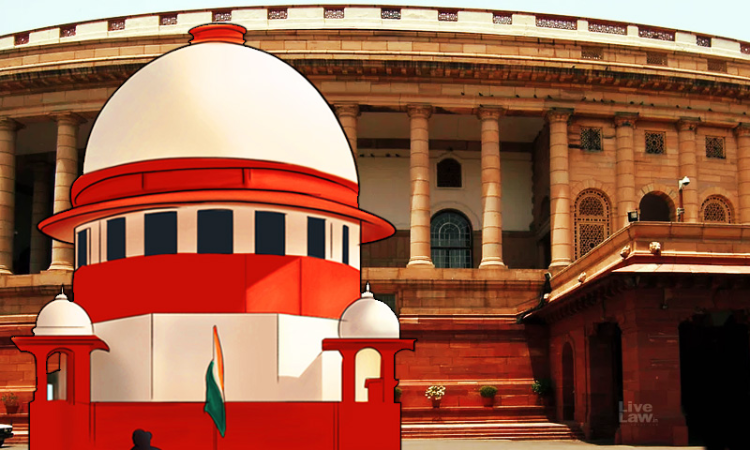Parliament Can Convert Existing State Into A Union Territory : Supreme Court In J&K Delimitation Case
LIVELAW NEWS NETWORK
14 Feb 2023 11:07 AM IST

Next Story
14 Feb 2023 11:07 AM IST
While upholding the delimitation exercise in Jammu and Kashmir, the Supreme Court observed that the Parliament has the power to convert an existing state into a Union Territory.A bench comprising Justices Sanjay Kishan Kaul and Abhay S Oka noted that Article 3 provides that Parliament may by law form new States and alter the areas, boundaries or names of the existing States. As per, explanation...
